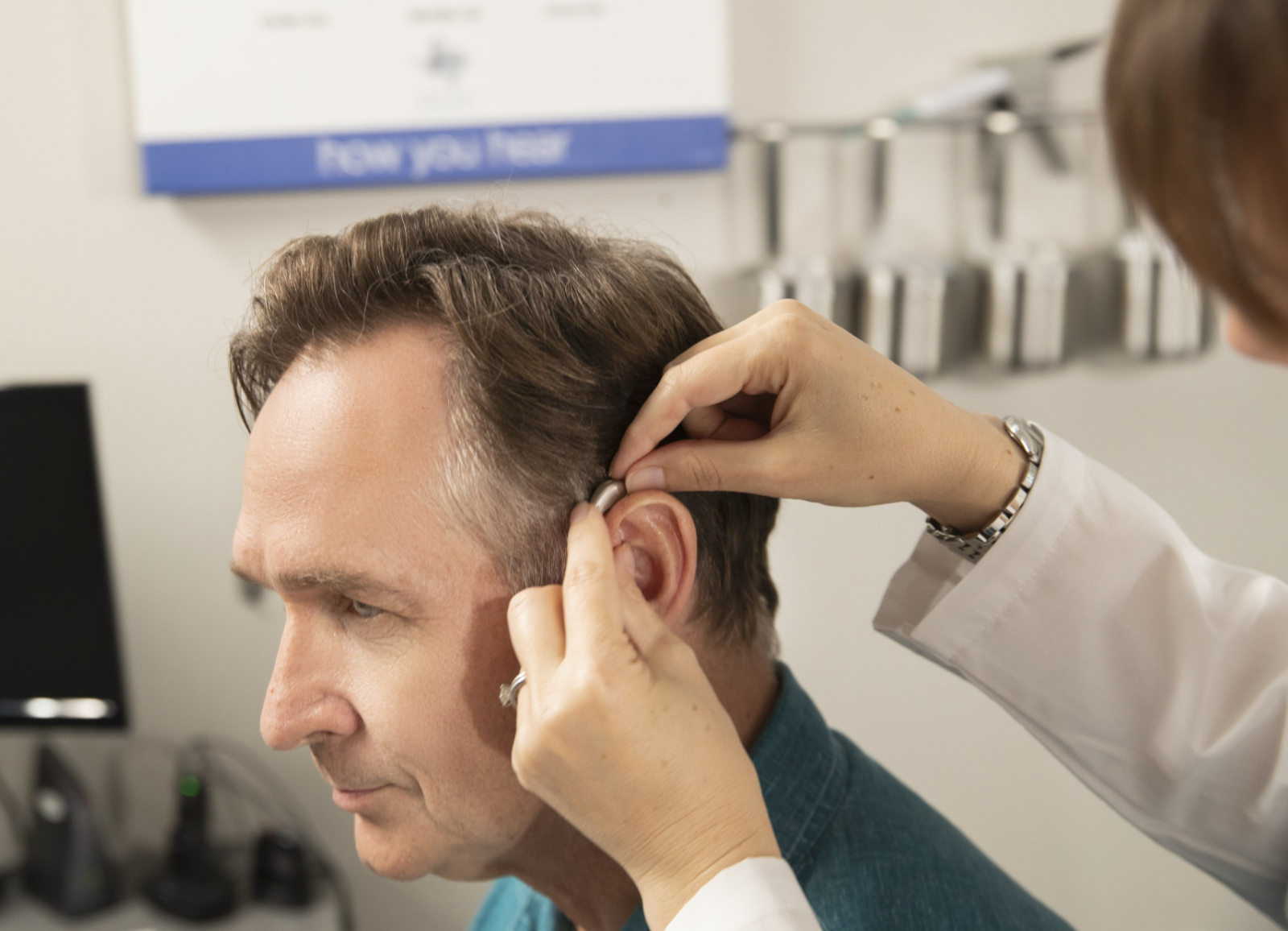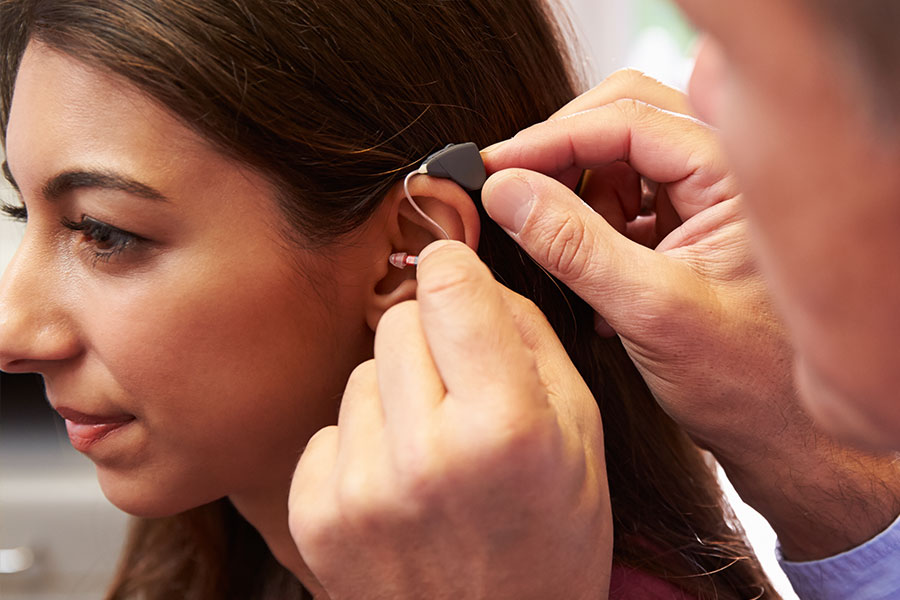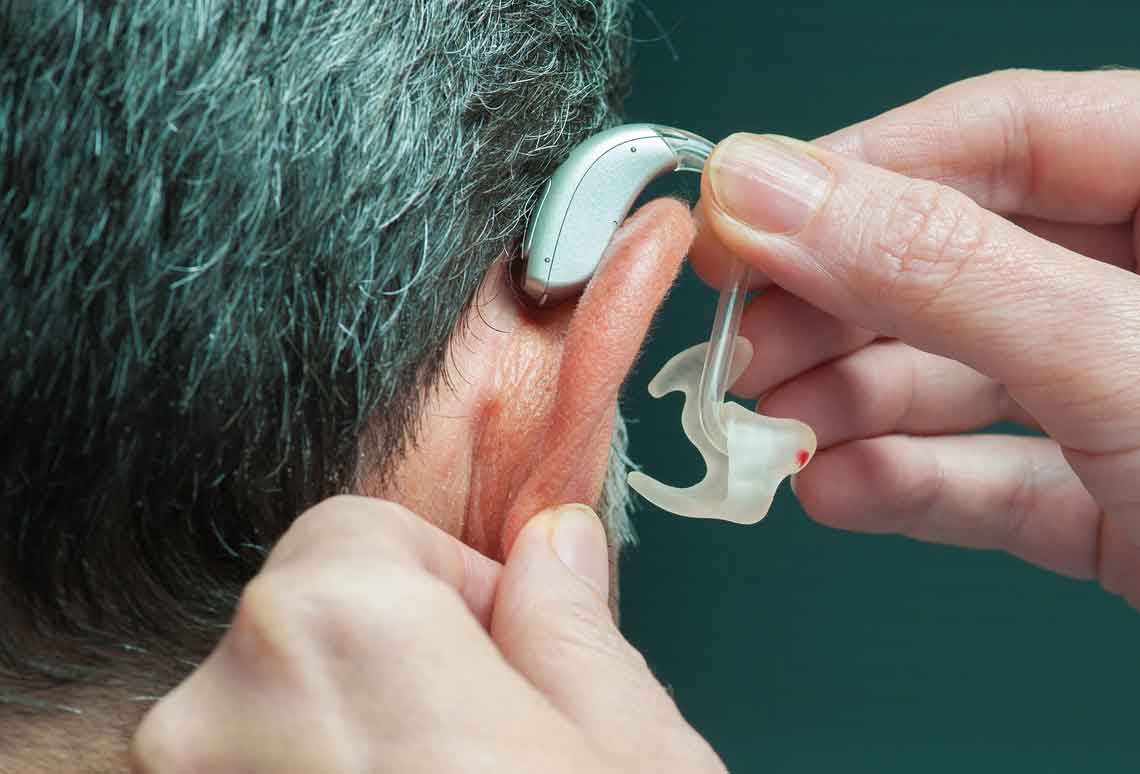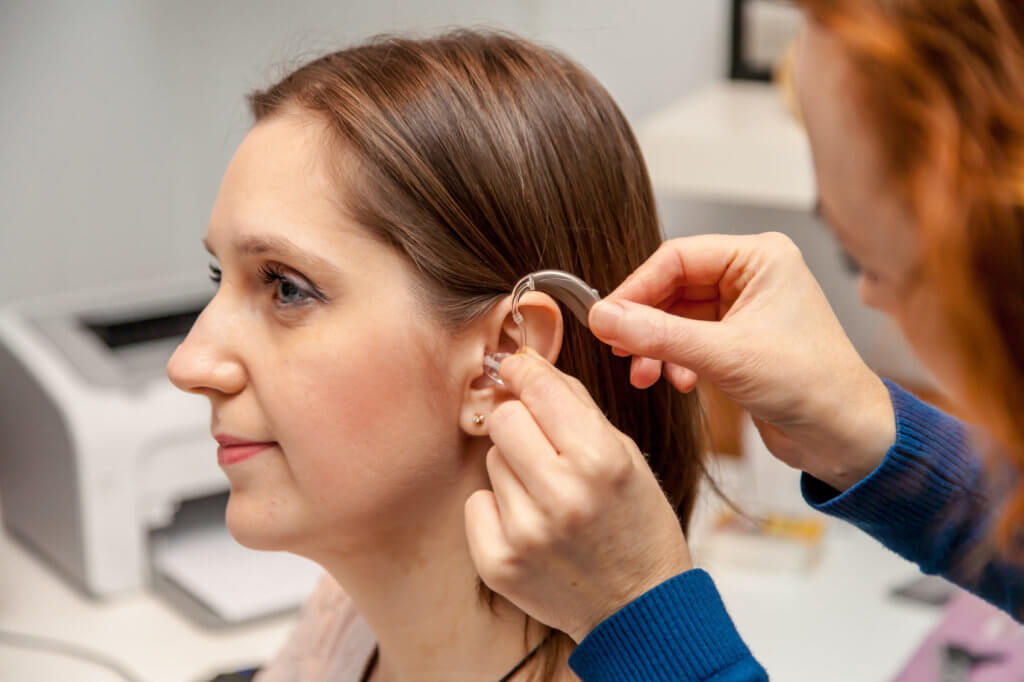
hearing aid fitting

hearing aid fitting
Understanding Hearing Aid Types and Features

hearing aid fitting

hearing aid fitting
Beyond physical style, it’s crucial to consider technological features. Advancements in digital signal processing have led to enhanced noise cancellation, making conversations in noisy environments more manageable, as noted by the American Speech-Language-Hearing Association (ASHA). Bluetooth connectivity allows users to stream audio directly from devices like smartphones, further integrating technology into daily life.
The Fitting Process Explained

hearing aid fitting
Follow-up appointments are essential after the initial fitting. These ensure that users adjust to their new device, and any necessary tweaks can be made. Real-ear measurements during these sessions help confirm that the hearing aid performs optimally in real-world environments. Research shows that consistent follow-up dramatically improves user satisfaction and device longevity (source: JAMA Network).
User Recommendations and Real-Life Experiences
Common Misconceptions About Hearing Aids
FAQs About Hearing Aid Fitting
1. What should I expect during a hearing aid fitting?
During a fitting, you can expect a comprehensive hearing evaluation followed by personalized device selection. The audiologist will program and adjust settings based on your hearing profile, ensuring optimal fit and performance.
2. How long does a hearing aid fitting take?
A typical hearing aid fitting can last anywhere from 1 to 2 hours. This includes time for hearing tests, device selection, and initial adjustments, alongside demonstrations of how to use your new hearing aid.
3. Are hearing aids covered by insurance?
Coverage for hearing aids varies widely depending on the insurance policy. It’s important to check with your provider to understand your benefits and see if pre-approval is necessary for obtaining hearing aids.
4. Can I try hearing aids before purchasing?
Many audiologists offer trial periods for hearing aids, allowing users to experience how they fit and function in real-life situations before making a commitment.
5. How often should I get my hearing aids checked?
It’s recommended to have your hearing aids checked at least once a year. Regular maintenance and adjustments can enhance performance and extend the life of your devices.
6. What if I experience discomfort with my hearing aids?
Discomfort should not be ignored. Contact your audiologist immediately, as they can make necessary adjustments or suggest a different model for comfort.